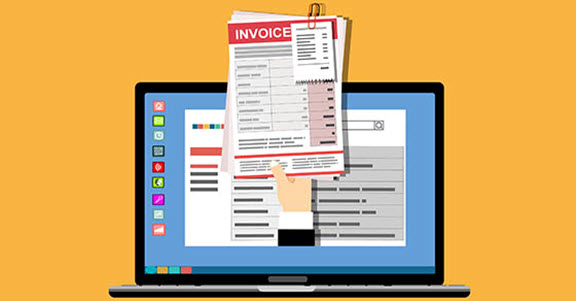As the school year concludes in New Jersey, you might be contemplating ways to keep your child engaged in a learning environment. One valuable option is hiring your child to work at your business. This not only imparts essential business knowledge to your child but also offers potential tax advantages for both of you.
Benefits for Your Child
Special tax breaks are available for hiring your child if you operate your business as one of the following:
- A sole proprietorship
- A partnership owned by both spouses
- A single-member LLC treated as a sole proprietorship for tax purposes
- An LLC treated as a partnership owned by both spouses
These entities can employ an owner’s under-age-18 children either full- or part-time. The wages paid to these children will be exempt from the following federal payroll taxes:
- Social Security tax
- Medicare tax
- Federal Unemployment Tax Act (FUTA) tax (until the child reaches age 21)
Moreover, your dependent employee-child’s standard deduction can shelter up to $14,600 of 2024 wages from federal income tax.
Benefits for Your Business
When you hire your child, you can deduct their wages as a business expense, reducing your federal income tax bill, self-employment tax bill, and state income tax bill, if applicable.
Note: Different rules apply to corporations. If you operate as a C or S corporation, your child’s wages are subject to Social Security, Medicare, and FUTA taxes like any other employee. However, you can still deduct your child’s wages as a business expense on your corporation’s tax return, and your child can use the $14,600 standard deduction for single filers to shelter the wages from federal income tax.
Traditional and Roth IRAs
Regardless of the type of business you operate, your child can contribute to an IRA or Roth IRA. With a Roth IRA, contributions are made with after-tax dollars, allowing for tax-free withdrawals of contributions and earnings after age 59½, provided the account has been open for more than five years.
In contrast, contributions to a traditional IRA are deductible, subject to income limits, and reduce the child’s taxable income. However, Roth IRA contributions are often more beneficial for young individuals. Since the standard deduction will shelter up to $14,600 of earned income, any additional income is likely to be taxed at very low rates, making traditional IRA deductions less impactful.
Furthermore, your child can withdraw Roth IRA contributions without any federal income tax or penalty for college or other expenses. Despite this flexibility, the optimal strategy is to leave the Roth balance untouched until retirement to maximize tax-free growth.
To make Roth IRA contributions, your child must have earned income for the year that equals or exceeds the amount contributed. There is no age restriction. For the 2024 tax year, the contribution limit is the lesser of:
- Earned income
- $7,000
Regular Roth contributions can accumulate significantly over time. For instance, if your child contributes $1,000 annually to a Roth IRA for four years, the account could grow to about $32,000 in 45 years at a 5% annual return, or significantly more with higher returns.
Caveats
While hiring your child can be tax-efficient, their wages must be reasonable for the work performed. Maintain thorough records, including timesheets, job descriptions, and W-2 forms, to substantiate hours worked and duties performed.
For any questions about employing your child in your business, please contact us. We are here to help ensure compliance and maximize your tax benefits.






